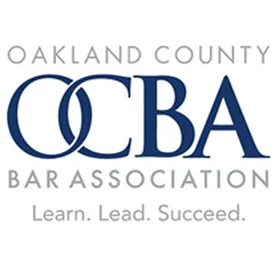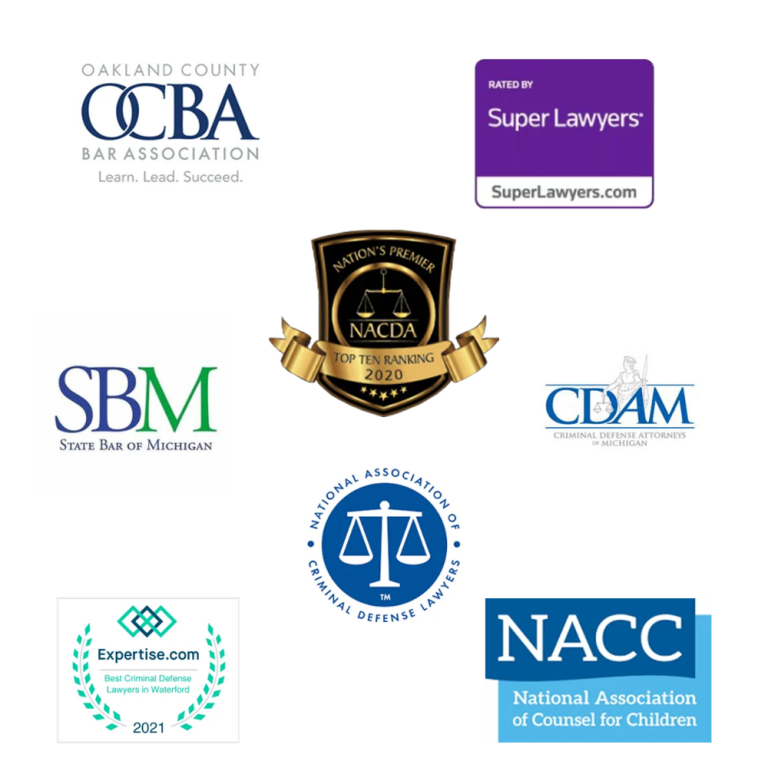Federal courts vs. state courts
On Behalf of Kirsch Daskas Law Group | Aug 11, 2020 | Criminal Defense |
In the United States, there are two different types of court: state court and federal court. The states run the state courts, whereas the federal government runs the federal court.
If somebody accuses you of a crime, it is important to understand the difference in jurisdiction between state court and federal court. According to FindLaw, in the majority of cases individual citizens go through state courts.
What is the difference in jurisdiction?
Federal courts only deal with cases that are specifically listed in the Constitution. Generally speaking, the government will only try certain kinds of cases in federal court. These involve any case where the United States as a country is a party, cases involving citizens of separate states if the issue is worth more than $75,000 and any case involving federal laws.
For instance, state courts handle the majority of robbery cases because in this instance state police arrest the perpetrator under state laws. There are some federal laws against robbery, but only in very limited cases. For instance, if the robbery occurred on federal property, then it would be a federal case.
What if the crime is illegal both at the state and federal level?
This depends on the nature of the crime and what the prosecuting attorney’s decide to do. In the event that either a federal or a state court could hear a case, the prosecutors will decide which will. Usually, they will choose the court that is more favorable to their case, depending on the evidence they have. The defense has no ability to influence this decision. However, an experienced attorney can help you navigate the process.










